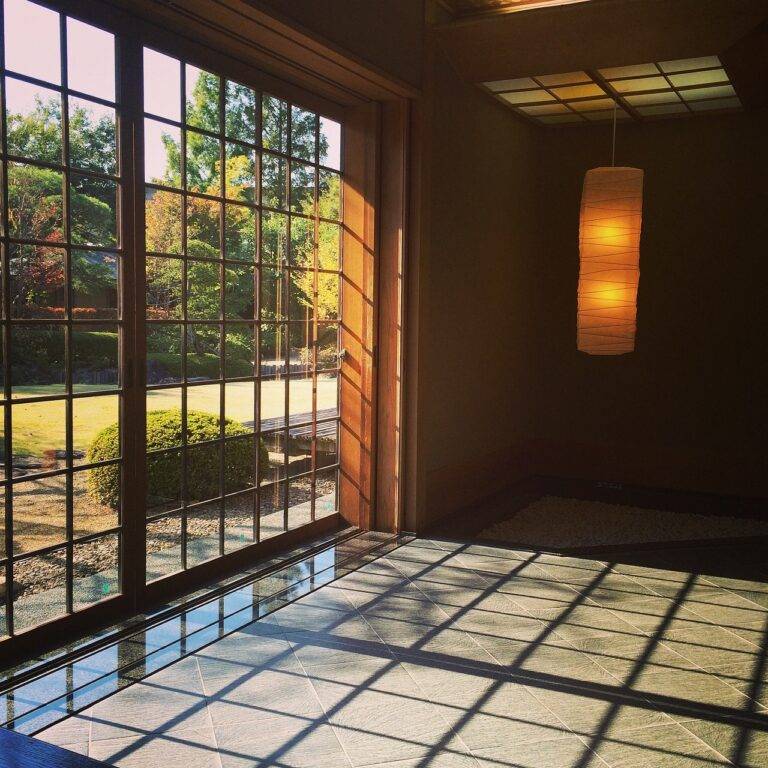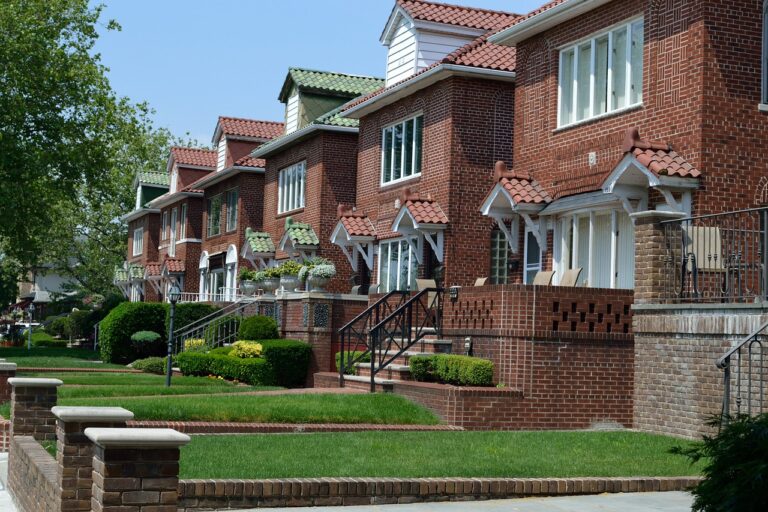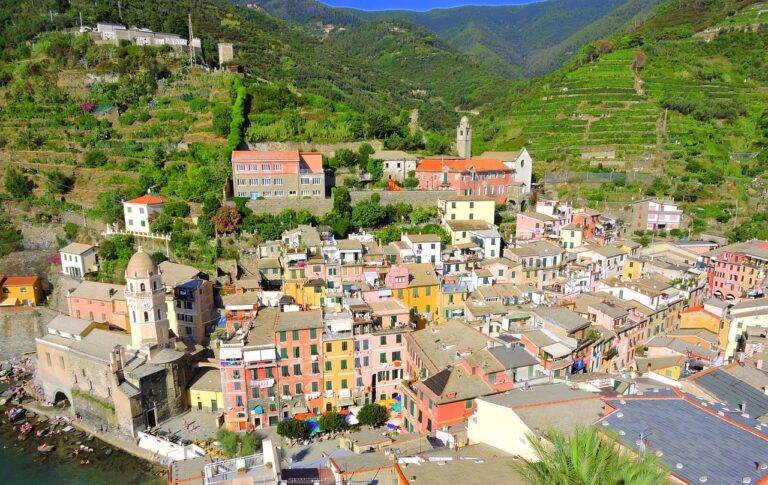Nanotechnology Applications in Home Improvement
Nanotechnology has revolutionized the paint and coatings industry by introducing innovative solutions that enhance durability and performance. Through the integration of nanoparticles, paints are now able to exhibit properties such as scratch resistance, antibacterial capabilities, and self-cleaning features. These advanced paint formulations not only provide aesthetic appeal but also offer long-lasting protection against wear and tear.
Furthermore, nanotechnology has enabled the development of coatings that are highly versatile and can be tailored to meet specific requirements. By manipulating the size and composition of nanoparticles, manufacturers can create coatings that are resistant to UV radiation, corrosion, and extreme temperatures. As a result, nanotechnology in paints and coatings has opened up a new realm of possibilities for industries ranging from automotive to construction, offering superior protection and functionality.
Nanotechnology in Energy-Efficient Windows
Nanotechnology has revolutionized the realm of energy-efficient windows by enabling the development of smart coatings that can control the amount of light and heat passing through the glass. These coatings, made up of nano-sized particles, can respond to external conditions by adjusting their transparency, effectively reducing the need for heating and air conditioning. By incorporating nanotechnology into energy-efficient windows, buildings can become more sustainable and energy-efficient.
Additionally, nanotechnology has allowed for the creation of self-cleaning coatings on energy-efficient windows, making them low maintenance and cost-effective in the long run. These coatings utilize nanostructures to repel water and dirt, keeping the windows clean and clear without the need for frequent washing and chemical cleaners. As a result, nanotechnology not only enhances the energy efficiency of windows but also contributes to the overall sustainability and durability of buildings.
Nanotechnology enables the development of smart coatings for energy-efficient windows
Coatings can adjust transparency to control light and heat passing through
Reduces the need for heating and air conditioning in buildings
Self-cleaning coatings made possible by nanotechnology on energy-efficient windows
Nanostructures repel water and dirt, keeping windows clean without frequent washing or chemical cleaners
Enhances energy efficiency, sustainability, and durability of buildings with nanotechnology integration
Nanotechnology in Waterproofing Solutions
Nanotechnology has revolutionized waterproofing solutions in recent years due to its ability to enhance the durability and effectiveness of protective coatings. By incorporating nanoparticles into waterproofing materials, manufacturers can create products that are more resistant to water penetration, mold, and mildew. Additionally, these nanotech-enhanced coatings offer improved flexibility and adhesion, ensuring long-lasting protection for various surfaces.
One of the key advantages of using nanotechnology in waterproofing solutions is its ability to create a protective barrier that is both impermeable to water and breathable. This unique combination allows for moisture vapor to escape from the substrate while preventing liquid water from seeping in, thus reducing the risk of water damage and mold growth. Moreover, nanotech-based waterproofing products require less maintenance and offer increased UV resistance, making them a sustainable and cost-effective solution for preserving the integrity of buildings and infrastructure.
How does nanotechnology improve the waterproofing capabilities of paints and coatings?
Nanotechnology allows for the creation of nano-sized particles that can penetrate deeper into surfaces, creating a more effective barrier against water penetration.
Can nanotechnology be used in energy-efficient windows for waterproofing purposes?
Yes, nanotechnology can be incorporated into the coating of energy-efficient windows to provide enhanced waterproofing properties, ensuring a longer lifespan for the windows.
Are nanotechnology-based waterproofing solutions more durable than traditional waterproofing methods?
Yes, nanotechnology-based waterproofing solutions are often more durable as the nano-sized particles provide a stronger and more long-lasting barrier against water intrusion.
Are nanotechnology-based waterproofing solutions environmentally friendly?
Some nanotechnology-based waterproofing solutions are designed to be eco-friendly, using non-toxic materials and reducing the need for frequent reapplications, which can contribute to a lower environmental impact.
Can nanotechnology be applied to various surfaces for waterproofing purposes?
Yes, nanotechnology can be applied to a wide range of surfaces, including concrete, metal, wood, and plastic, providing versatile and effective waterproofing solutions for different applications.







